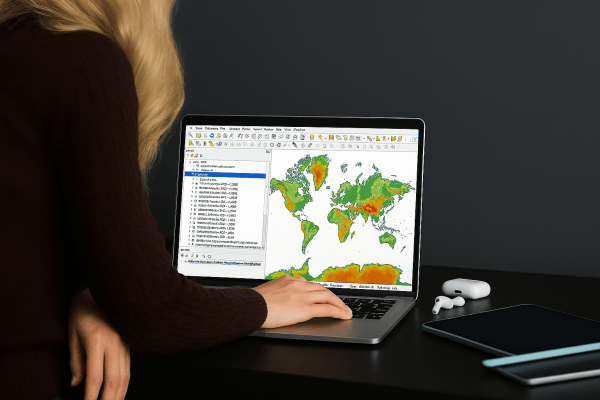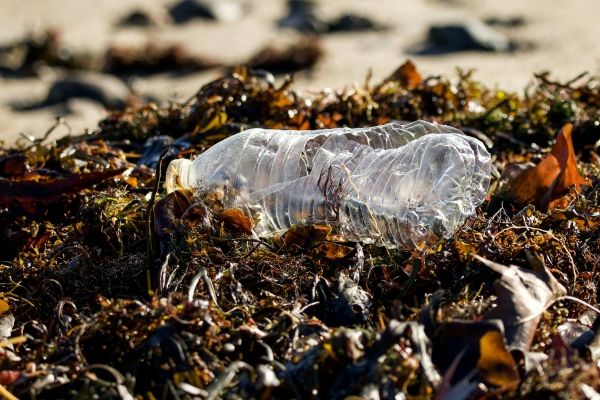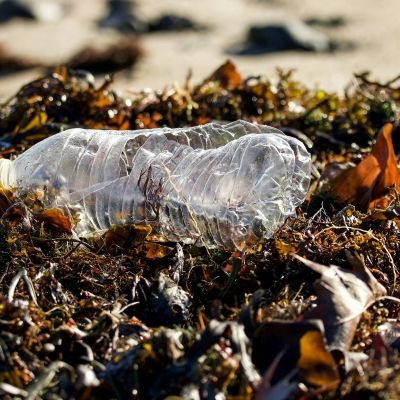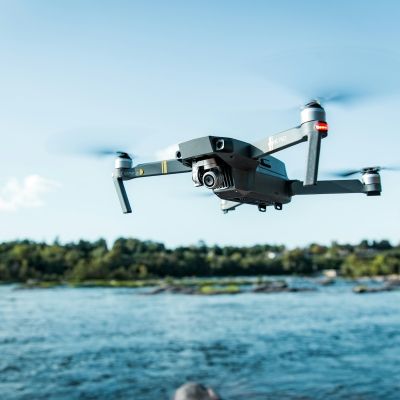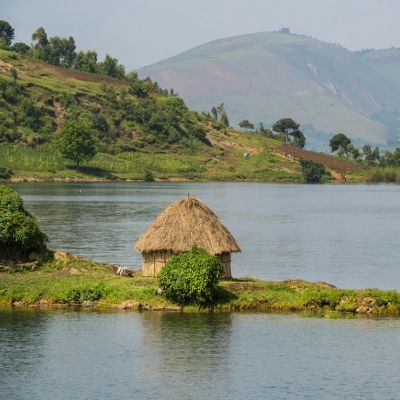Capitan Taki project: Water management in East African lakes
Remote sensing to monitor water quality in Lake Tanganyika and Lake Kivu
With more than 18% of the world's available freshwater, the Tanganyika and Kivu Lake Basins are of global importance and sources of socio-economic well-being, serving over 12 million people.
Nonetheless, the lakes are experiencing water quality deterioration due to climate change, poor land-use and urbanization, while overfishing and the impact of invasive plant species are exerting high pressure on the aquatic food systems.
Furthermore, the effect of climate change is exacerbated by the unique and complex morphologies of the lakes, and the complex fluctuations of winds, the influence of which on the lakes is not yet fully known.
The Capitan Taki project aims for both lakes to
- create a community,
- collect and create available information, studies and data on environmental and climate issues,
- organize capacity building on climate adaptive measures,
- share the collected (incl. satellite-based) information, knowledge and materials on a demo platform, as a first stage for further implementation of environmental monitoring systems,
- prepare a roadmap based on building blocks for the environmental monitoring system.
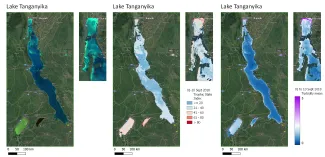
Source: Copernicus Land Monitoring Service - Lake Water Quality
RGB, Trophic State Index, Turbidity Mean, 300m, 1-10 September 2018
It's a quadruple helix capacity building project (March 2024-September 2025) funded by the Flemish government through the Flanders International Climate Action Programme. It builds on and complements Enabel's (Belgian Development Agency) work of the Latawama project (2019-2023) funded by EU (European Union) DG INTPA on water quality management of lake Tanganyika.
It brings together key actors from the Lake Tanganyika Authority (LTA) and ABAKIR with experts from Flanders, Burundi, Rwanda, Zambia, Tanzania and Democratic Republic of Congo to take concrete steps towards climate-resilient transboundary water management via training, capacity building in the use of remote sensing tools and co-creation of roadmaps.
Because of its major water quality challenges and its transboundary character Lake Tanganyika was chosen as a pilot for the UNEP World Water Quality Alliance project 'Earth Observation Pathway for SDG 6.3.2 (Proportion of bodies of water with good ambient water quality)', coordinated by the University of Stirling in collaboration with Capitan Taki partners (VITO Remote Sensing and VUB) and other EO experts.
EO Pathway for SDG 6.3.2 is funded by the UNEP World Water Quality Alliance.
The Capitan Taki project is funded by the Flemish government.

Capitan Taki partners



